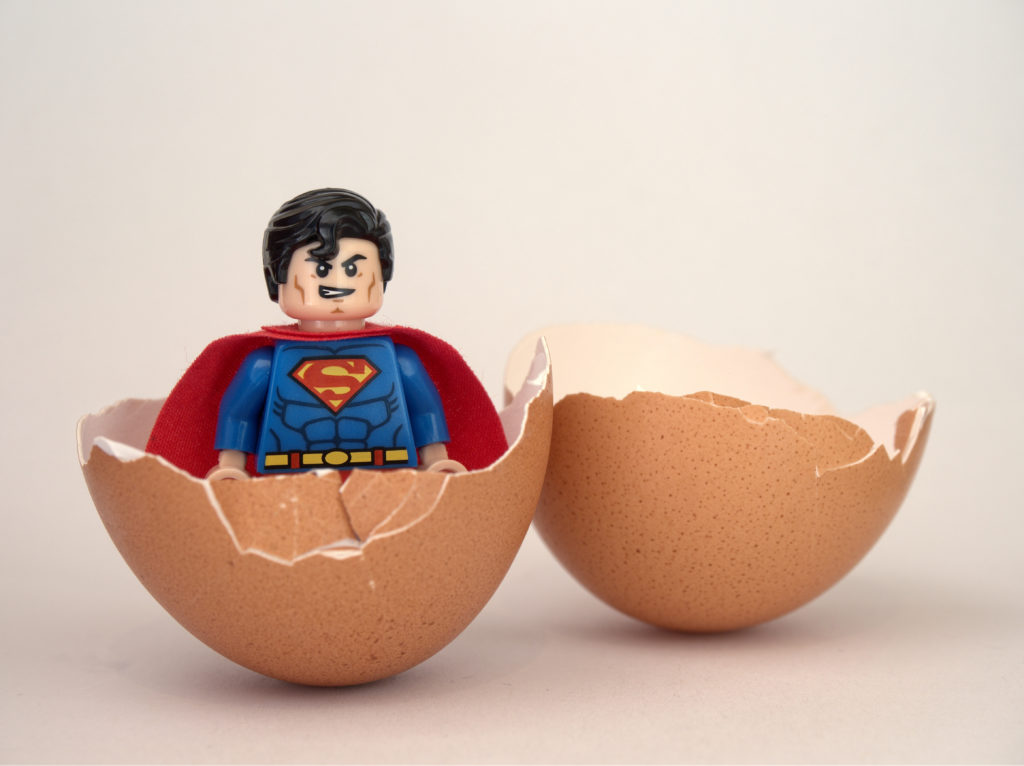Ruminating. Catastrophising. Panicking. All describe the breakdown of logical reasoning that happens when we are in such a state of anxiety that our thinking is paralysed. So how is it possible to stop going over and over a source of worry? The answer to reduce rumination isn’t more thinking, it’s more doing.
Why Can’t I Stop Thinking and Switch Off My Brain?
The coronavirus has most of the world on edge. It’s limiting our possibilities for movement and making our lives even less predictable challenging us to manage our mental health. And in the social distancing of these new conditions, some find themselves alone and obsessively thinking about the same things over and over, causing them to feel physically sick with worry or having a panic attack. My English speaking clients in this situation plead with me, How can I change my thoughts?
But the key lies not in changing thoughts but changing activities. When a person’s physical stress response is so high, the logical reasoning part of the brain fails and the survival part of the brain kicks in. This is the legacy of our evolution, an animal instinct to withdraw, like crawling back into a shell for protection. Unfortunately when humans withdraw they stop participating in activities that benefit them such as engaging with others and physical movement.
Those of us who have been conditioned by work that uses our brains in preference to our whole bodies try to think-through and problem-solve unpleasant feelings instead of addressing them directly through physical means. But the best way to lower the acute stress response is to get physical and use more of the whole body, not just that little part of the brain behind the forehead that is responsible for cognition (thinking, judging and problem solving).
Book a real time coaching or counselling session for support
How to Escape the Isolation Chamber and Reduce Rumination
Ruminating on a problem without the benefit of more information or a different perspective is akin to trying to make a decision from inside an isolation chamber: we have to get out and experience the world through the senses. The way to reduce rumination and ‘catastrophising’ isn’t more thinking, it’s more doing. And specifically doing activities that engage the senses. Not only will doing something physical help you to relax, it will loosen up your thinking and help you gain perspective.
Exercise is the obvious first go-to. I don’t recommend high-intensity exercise for stress reduction because it can spike the sympathetic nervous system that is responsible for elevating the body’s stress response. But moderate intensity exercise such as brisk walking, light jogging, kicking a ball around, moderate swimming or dancing can help a person to get out of their head and into the body. These activities will help relax the muscles, releasing physical tension. Even in the middle of winter, many Swedes will go out and walk in the brightest part of the day because they know that moving the body and experiencing the world through different senses is key to lowering the stress response.
The other activities that work well for reducing the stress response are anything that involves hand and eye co-ordination or acts of companionship. Research has indicated that activities involving hand and eye coordination actually repair neural pathways. Sharing time with friends who are experiencing a lower stress response can actually reduce your own anxiety. So what does this look like in practical terms?
Strategies to Treat Acute Stress Response
I’m aware that those who have recently moved to Sweden or other foreign countries do not always have much living space or many friends. So hobbies like car restoration, carpentry or bee-keeping might not be possible. Here are some suggestions for activities that don’t require a lot of space or capital outlay and that you can do alone…
The 5 Fundamentals of Stress Reduction
Creative activities that engage the hands and eyes will help you relax and also assist with anxiety and depression. For example: painting, drawing, photography, jewelry making, building things with Lego or completing jigsaws, podcasting, making Youtube videos or creative writing. Hobbies like video-gaming, geocaching, collecting antiques, coins, toys or memorabilia, playing chess (even against a computer), learning to program, code or make apps, sewing, knitting, making clothes, cooking, genealogy, learning and playing a musical instrument or learning a language could also take your mind off your worries and reduce rumination. If you only have your work or relationship to think about, is it any surprise that your mind has nowhere else to go?
Then there are relaxation treatments such as getting a massage, enjoying a floatation tank, playing with pets (your own or someone else’s), walking in nature, colouring-in books or watching comedy videos on a streaming service. Chilling out is a great way to lower stress response.
And thirdly the companionship of spending time with friends and reaching out to someone you love like a son or daughter or cousin or long-term friend, even if they are in another country, can lead you to feel better. Physically or virtually not being alone is beneficial and it’s amazing how showing interest in someone else can assist you to get out of your head. Try it!

Finally, if you are so stressed up that you are unable to exercise or get into a hobby or reach out to a friend or family member, consider consultating a doctor at the Vårdcentral about medication to assist in the first instance. Some people self-medicate with alcohol or recreational drugs but it is better to get professional support to assist you until you are able to take more steps on your own. Any form of medication is only a short-term fix and does not address the cause of anxiety. The use of prescription medication needs to be monitored by a medically qualified person.
If, after lowering your stress response, you still need to reduce rumination, you can talk to a professional therapist who can guide you through problem-solving strategies.
To make an appointment for coaching, advice, support or therapy, please contact me.

